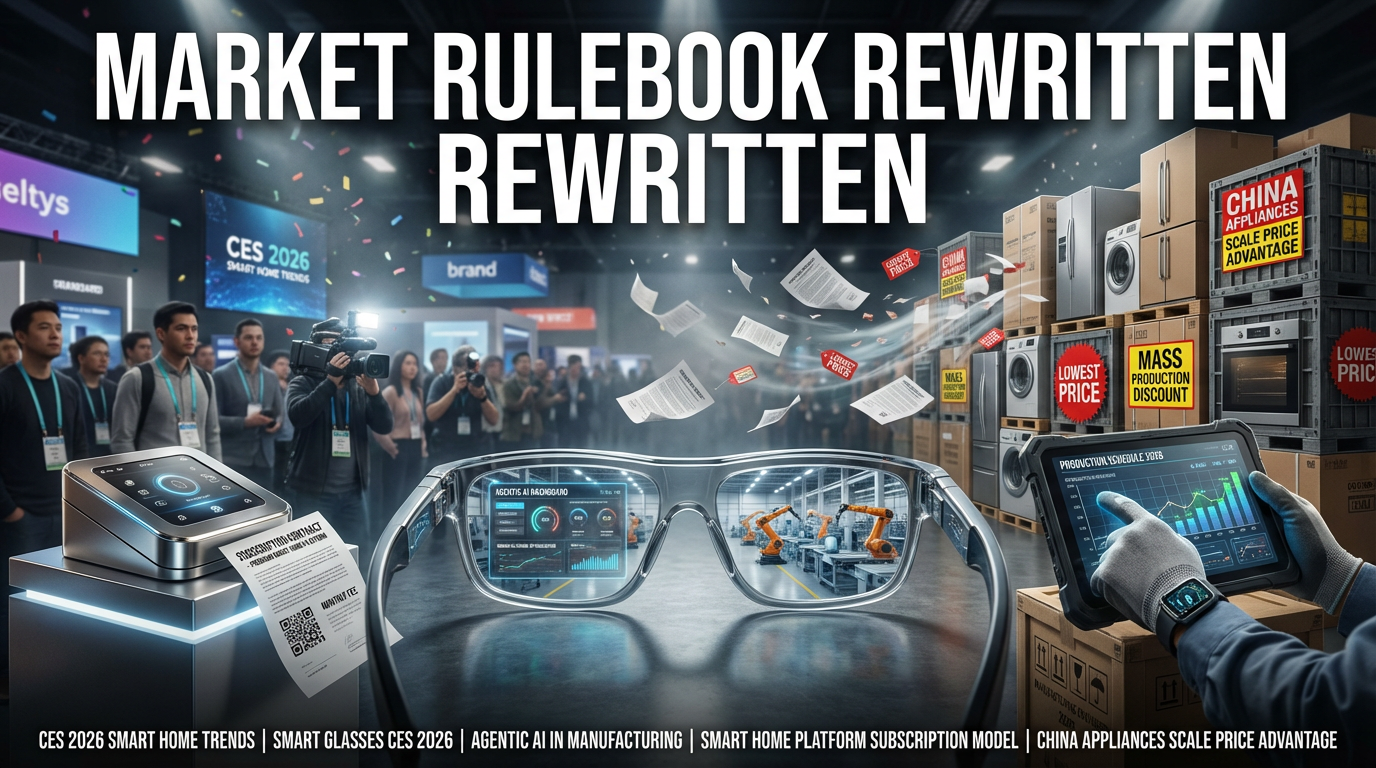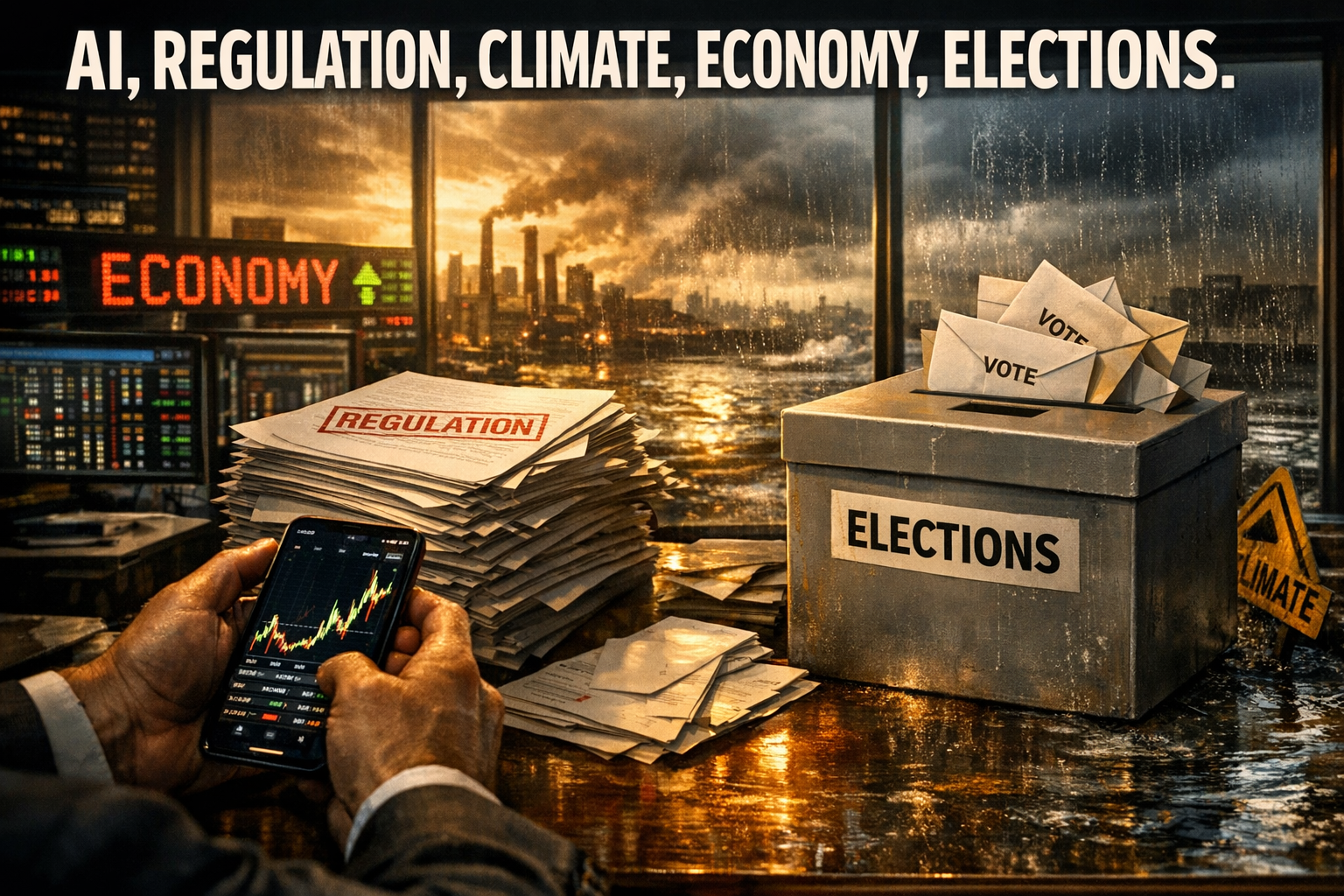● K-Defense, Shipbuilding – Opportunity, Crisis
Why K-Defense and Shipbuilding Are Gaining Attention: Korean Companies’ Strategies for Turning Crisis into Opportunity
1. International Situation and Recognition of War’s Persistence
Globally, there is a growing awareness of the persistence of war, which significantly impacts the global economy and economic outlook.Conflicts in the Middle East, the Russia-Ukraine war, and tensions between the U.S. and China are making war a constant issue.These changes in the international situation directly demand changes in investment strategies.In particular, the defense industry and shipbuilding sectors have the ability to turn these crisis situations into new opportunities.Amidst ongoing global conflicts, investment strategies in these areas are gaining more attention.
2. Strengthening Profitability and Export Competitiveness in the Defense Industry
The operating profit ratio of the defense industry has recently surged, showing how Korean companies are turning crises into opportunities.In particular, Korean K-Defense companies are establishing a strong position in the global market in terms of export competitiveness and cost-effectiveness.Naturally, countries around the world are paying attention to Korea’s defense industry technology and choosing it as a strategic partner in the defense market.These changes are acting as a positive signal for the economic outlook and investment strategies.
3. Analysis of Major Defense Industry and Shipbuilding Stocks
Major companies such as Hanwha, Hyundai Rotem, Nex1, and Hanwha Systems are standing out by leveraging this crisis as an opportunity.These companies are strengthening their competitiveness in the global economy market through technological innovation and global market diversification strategies.Especially from an economic study perspective, when re-establishing investment strategies, it is necessary to pay attention to the financial structure and profit models of these companies.Investors should thoroughly analyze each company’s product competitiveness, export growth, cost efficiency, and market response strategies.
4. Future Economic Outlook and Investment Strategies
Along with international conflicts, investors’ interest is focusing on the defense industry and shipbuilding sectors.In the future economic outlook, war will act as a constant factor, which will further highlight the importance of the defense industry and shipbuilding.When reorganizing investment strategies, the profitability, global competitiveness, and stable technology of these fields should be considered.Also, as professionals, we all need to react sensitively to global economy changes and establish long-term investment strategies.It is important to understand the overall industrial changes and identify the key trends for each business.
[Related Articles…]In-Depth Analysis of K-Defense Investment StrategiesThe Future and Competitiveness of the Shipbuilding Market
*YouTube Source: [ 경제 읽어주는 남자(김광석TV) ]
– Why K-Defense and Shipbuilding are on the rise. Korean companies that turned crises into opportun…
● Tariff-Induced Recession Nightmare
Representative Warren Warns Tariffs Signal Recession, Not Inflation
1. Warren’s Remarks at the Center of the Tariff Debate
A detailed analysis focusing on Representative Warren’s statement that tariffs are a sign of economic recession, going beyond the view that they are merely an inflationary factor. This article naturally incorporates the top five SEO keywords—global economy, stock market, investment, financial technology, and global trade—and organizes the latest issues chronologically.
2. Background and Chronological Order of Remarks
• Concerns have recently been raised that trade policies, coupled with the economic situation in the United States, could directly link tariff policies to economic slowdowns.• Representative Warren warns that tariffs not only raise prices but also negatively affect corporate and consumer sentiment, leading to an overall economic slowdown.• These remarks have resonated significantly, especially among the U.S. stock market and foreign investors.
3. Detailed Analysis of the Economic Impact of Tariffs
• Tariffs lead to higher product prices, which can reduce consumer purchasing power and decrease overall economic demand.• Major economic indicators, reflecting concerns about economic slowdown, already show instability, negatively affecting investment sentiment.• This situation has a cascading effect on various financial products, including stocks, bonds, and global assets, potentially causing significant volatility in investors’ portfolios.
4. Repercussions of Tariffs on Global Trade and Financial Technology
• Tariff increases add uncertainty to the global trade structure and can lead to a reorganization of global trade routes.• In particular, new investment platforms combined with digital financial technology are rapidly changing and developing response strategies to seize opportunities amidst this uncertainty.• The close connection between the latest financial technology (FinTech) and global trade suggests that this tariff issue could lead to long-term changes in the investment environment, not just an economic phenomenon.
5. Key Economic Issues Exposed and Future Outlook
• Investors need risk management for various assets such as stocks and ETFs in an unstable economic situation.• Attention should be paid to the impact of U.S. policy changes on domestic and foreign financial markets, along with global economic imbalances.• The global investment environment is expected to react sensitively to tariff policies and trade stability along with the recovery of the economy in the future.• In this complex economic situation, it is crucial to develop response strategies using the latest investment strategies and financial technology.
< Summary >Centered on significant economic issues, the possibility of an economic recession due to tariffs warned by Representative Warren has been organized chronologically. The impact of tariffs on the overall economic situation, including global trade, stocks, investment, and financial technology, has been analyzed in detail, rather than simply causing inflation. This aims to provide strategic insights on how investors should manage risks and prepare for an uncertain financial environment.
[Related Articles…]Tariff Outlook and Changes in Global Trade
Stock Market Volatility: Investment Strategies and Response Measures
*YouTube Source: [ Maeil Business Newspaper ]
– [Hong Jang-won’s Bull & Bear] Rep. Warren: “Tariffs are not inflation, they are recession. Chairm…


